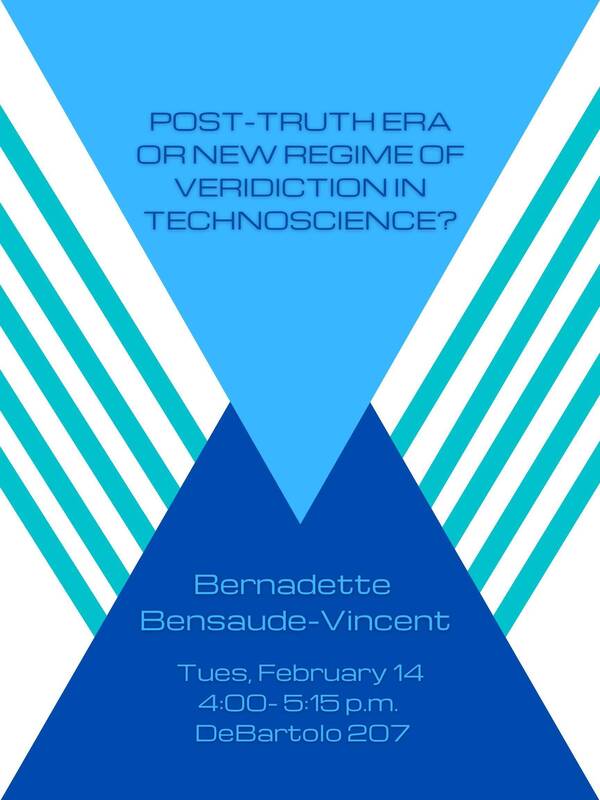Title: "Post-truth era or new regime of veridiction in technoscience?"
Abstract: At a time when conspiracy theories are spreading like wildfire on social networks, when
academies and governments are worried about the public's mistrust of experts, it is more than
ever appropriate to critically discuss the notion of a post-truth era. Following the UK Brexit
referendum and the US election of Donald Trump, the view that objective facts are less
effective for shaping public opinion than personal beliefs and appeals to emotion gained
traction. However, this diagnosis is questionable. On the one hand, it harbors the romantic
view of a bygone era of truth and certainty that can be seen as a functional myth legitimizing
the authority of experts in modern politics. On the other hand, in focusing on the public’s
attitudes, it overlooks that the alleged crisis of trust in science might be rooted in current
scientific research practices. I will argue that beyond the immediate concerns with fake news,
false evidence and infodemic, the epistemic regime of current technoscientific research makes
it difficult to maintain the regime of experts “speaking truth to power” for a number of
reasons.
